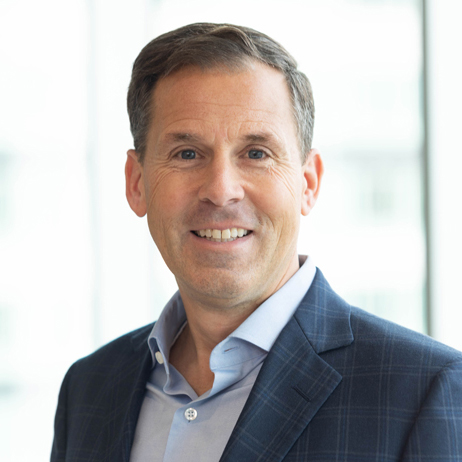Financial Advisor: How Advisors Can Attract, and Keep, Wealthy Clients

By Edward Hayes, Financial Advisor
There are growing opportunities for advisors to move into the high-net-worth space, which currently consists of about 22 million millionaires in the U.S., according to a white paper published by Concord, Calif.-based AssetMark.
Consultants say a key to serving this category of client is to adapt to their needs.
“Don’t let your client outgrow the advisor,” said Michael Kim, president of AssetMark. “Meaning as a client gets wealthier, their issues tend to get more complex.”
That means advisors also need to be an estate planner, a tax planner, or whatever else the client needs them to be.
“At the end of the day, we want to be sure that the first call goes to that financial advisor,” Kim said. “So that advisor will continue to own the relationship and be the overall steward of the client’s financial goals.”
Advisors also need to have a reliable stable of third-party professions that can be called upon to help clients.
“Part of our job here at AssetMark is to provide access to these experts that can be a part of the team to serve the client so they never outgrow the advisor,” Kim said.
High-net-worth investors are also looking to grow their wealth as much as they are looking to maintain it. They want unique investment opportunities through their advisor where they can achieve positive gains, and that has led many to private equity funds.
These funds have become far more enticing to investors as they have been outperforming traditional public funds in the last three years. Steve Brennan, head of private wealth solutions at Conshohocken, Pa.-based Hamilton Lane, said the two major obstacles for high-net-worth clients getting into this space have been a lack of access and education.
Over the past three years, Hamilton Lane has been addressing the access issue by rolling out evergreen and feeder funds that require minimum investments ranging from $50,000 to $100,000, which is far lower than the average minimum for a traditional private fund, Brennan said.
Providing this access, coupled with the overall positive performance of private funds, has yielded significant interest from high-net-worth investors and their advisors, he said.
“In a period of time when there is growing acceptance that the private markets are outperforming the public markets, you’re going to start to see more of those high-net-worth investors look to access the private markets to try to capitalize on some of those returns,” he said.
Along with lower minimums, the evergreen and feeder funds also minimize the administrative and tax-related requirements private funds have. Brennan said that providing these options for investors has made it easier for them to access the private markets.
The second obstacle that Hamilton Lane had to address was a lack of education about the private markets. To help advisors and clients understand them better, the firm conducted education programs so advisors could help their clients get acclimated to this space.
“Our focus has been educating the advisors on all of the intricacies of the private market,” Brennan said.
Once the advisors are comfortable with the asset class, then the firm helps them advisors understand the different ways they can access it, Brennan said.
Another major need of the high-net-worth investor that is not being addressed is their desire to transfer their wealth to the next generation. It is estimated that $50 trillion will transfer from one generation to the next within 10 years and advisors need to be ready for that, consultants say.
Only 13% of the next generation will work with the same advisor as their parents have, according to the Spectrum Wealth Survey. That means advisors need to start working within multiple generations to ensure continuing relations with client families, Kim said.
Advisors must begin to think as the next generation and incorporate those tools and resources that the younger generation can relate to, according to Kim.
“They want to engage with the advisors using digital tools and really slick technology because that is what they use and it is what they use to communicate,” he said.
Michael Faust, president of Foster City, Calif.-based Bailard Wealth Management, said that his firm has been incorporating more technology into its marketing strategy and is working with high-net-worth investors and the next generation.
At AssetMark, Kim said the firm has highlighted more intuitive technology, including as a program called Portfolio Engine. It provides investors with a virtual picture of what a portfolio looks like in real time based on current market conditions.
To foster relationships with the next generation, Bailard has been encouraging investors to bring their children to their advisor meetings. It is even smart for advisors to hire younger advisors who can relate to the newer generation, he said.
Kim reiterated that the high-net-worth client base is available to those advisors who are willing to put in the effort. He said advisors need to target their needs and to address them and go above and beyond that of a traditional financial advisor.
“If an advisor is not thinking about how to provide the assurance, how to provide the confidence ... that client may be having conversations with another financial advisor,” he said.
